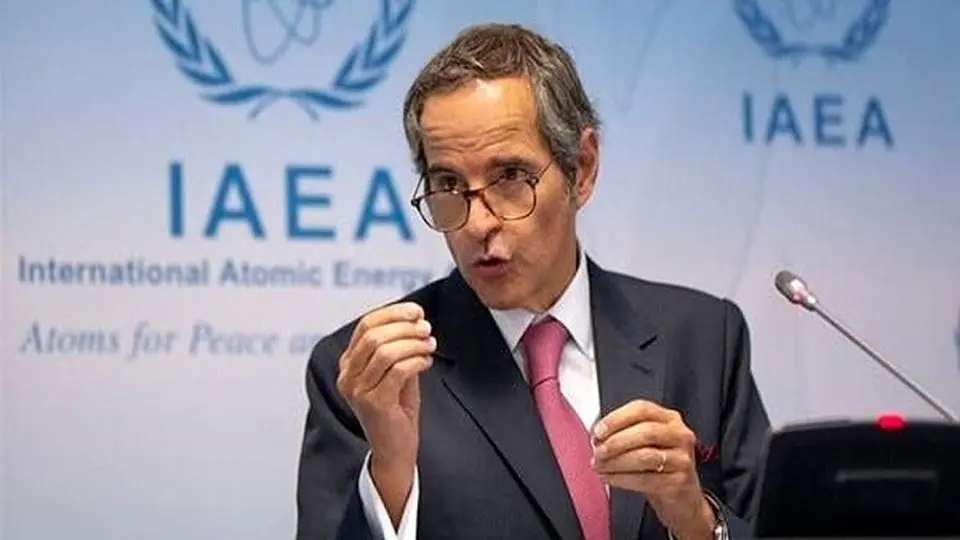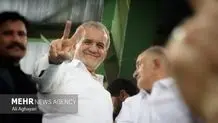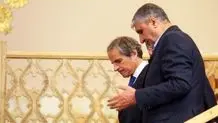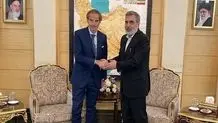IAEA chief says received message from Iranian president
Director General of the International Atomic Energy Agency (IAEA) Rafael Grossi has said he has received a message from the Iranian president Masoud Pezeshkian.

MEHR: Director General of the International Atomic Energy Agency (IAEA) Rafael Grossi has said he has received a message from the Iranian president Masoud Pezeshkian.
The IAEA chief also addressed the Iranian nuclear program, expressing concerns over the country’s continued accumulation of highly enriched uranium.
He revealed that he had received a response from Iran’s new President Masoud Pezeshkian, signaling a potential for renewed dialogue aimed at ensuring the peaceful nature of Iran’s nuclear activities, Al Arabiya reported.
Grossi underscored the need for increased transparency and cooperation, especially in light of advancements in nuclear capabilities.
Earlier, IAEA Chief Rafael Grossi expressed hope that his upcoming visit to Iran could facilitate the constructive negotiations leading to concrete results.
Additionally, Grossi touched upon the broader issues of nuclear proliferation and the IAEA’s role in mitigating the risks of nuclear escalation, particularly in regions of heightened tension. He mentioned the importance of continued dialogue and the necessity of international cooperation to address these challenges effectively.
The IAEA chief also highlighted the ongoing concerns related to the conflict between Russia and Ukraine particularly the risks posed to nuclear power plants situated near active combat zones.
Grossi emphasized the IAEA’s commitment to ensuring the safety of these facilities, despite the challenges and uncertainties.
He stressed the importance of the agency’s impartiality, noting that their assessments are based solely on independently verified information to avoid politicization.
He also covered Saudi Arabia’s nuclear ambitions, affirming the IAEA’s role in ensuring that any future developments in the Kingdom’s nuclear program would adhere to international safeguards and non-proliferation standards.




